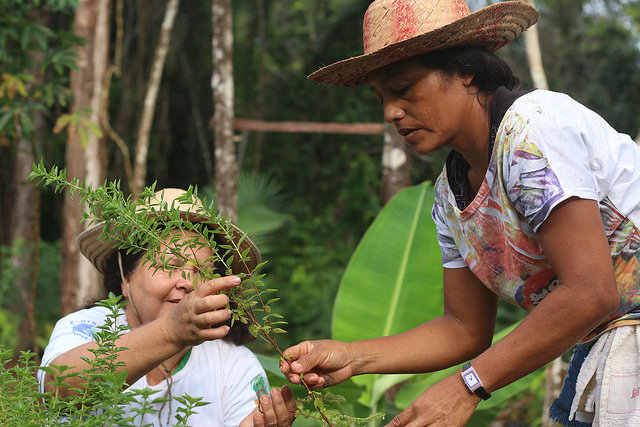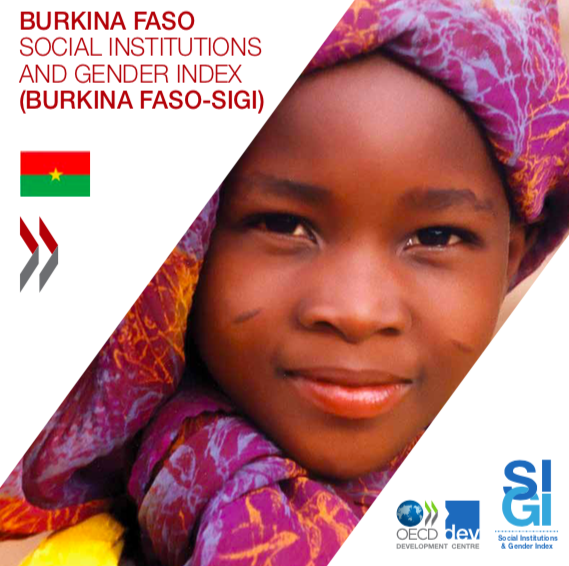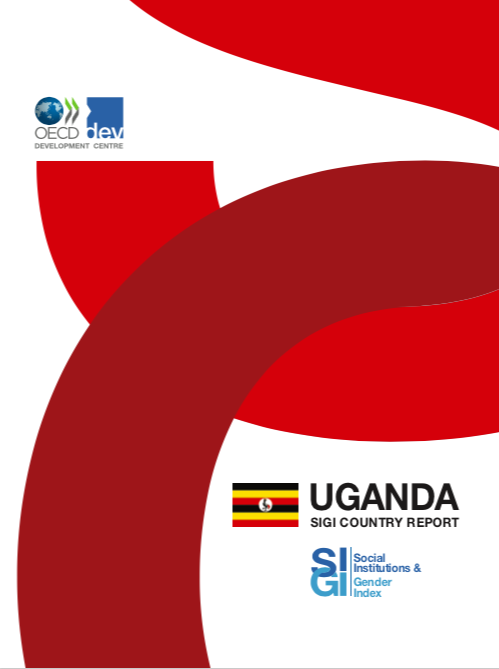Food & Nutrition Security and Sustainable Agriculture - ROSA : Land Tenure And Gender: Approaches And Challenges For Strengthening Rural Women's Land Rights | capacity4dev
Land tenure security is crucial for women's empowerment and a prerequisite for building secure and resilient communities. Tenure is affected by many and often contradictory sets of rules, laws, customs, traditions, and perceptions. For most rural women, land tenure is complicated, with access and ownership often layered with barriers present in their daily realities: discriminatory social dynamics and strata, unresponsive legal systems, lack of economic opportunities, and lack of voice in decision making.






